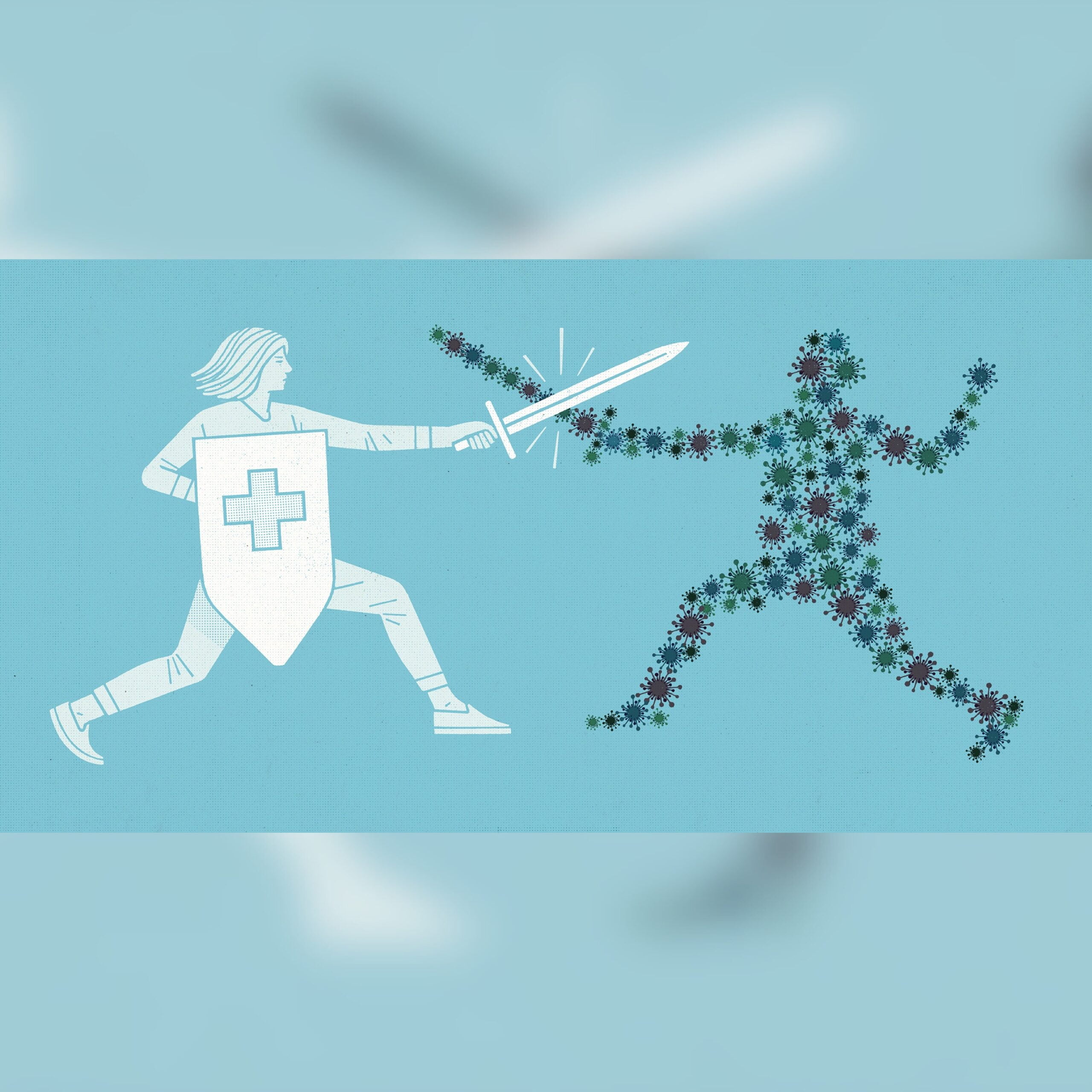Influenza, measles, mumps and coronavirus COVID-19 are illnesses people hear about on a regular basis.
While coronavirus is relatively new and does not yet have a vaccine, the others all can be prevented or at least have their severity reduced by simply getting a vaccination, says Libby Richards, an associate professor of nursing in Purdue’s School of Nursing.
“It’s important to review your vaccination records with your health care provider,” she says. “Vaccinations aren’t just for kids. Adults need them, too. The vaccinations needed for adults depends on a few things, such as age and health history. Vaccines help your immune system fight infections faster and more effectively.”
A flu vaccination is particularly important, especially during severe flu seasons. The Centers for Disease Control and Prevention announced in its latest flu update on Feb. 14 that flu activity is still at a high level. Since October, at least 26 million Americans have suffered from the flu, resulting in the deaths of at least 14,000 adults and 92 children.
While flu vaccinations must be done annually, Richards says that the effectiveness of other vaccinations adults received as children diminish over time, so they might find themselves no longer protected. “Pertussis – whooping cough — and tetanus vaccines are perfect examples of vaccines that require booster shots throughout one’s life.”
Common vaccinations include, but are not limited to, shingles, pneumonia, Tdap (tetanus, diphtheria and pertussis) influenza, MMR (measles, mumps, rubella), hepatitis A, hepatitis B and human papillomavirus, more commonly known as HPV.
Shingles vaccines are good for five years and are recommended for adults 50 and older. Pneumonia vaccines are recommended by the CDC for those 65 and older and should provide lifetime protection. A booster is needed for tetanus and diphtheria every 10 years. Hepatitis A and B vaccines protect against some liver infections resulting in exposure to infected body fluids or food and water; each have different vaccination requirements.
“Talk to your health care provider to see what you need and when you need it,” Richards says. “Vaccinations can save lives by helping prevent or limit a disease or illness.”
Related Releases:
You can’t get the flu from the flu vaccine
Suffering from the flu? Just stay at home
Balancing flu risks and death while everyone’s talking about coronavirus






